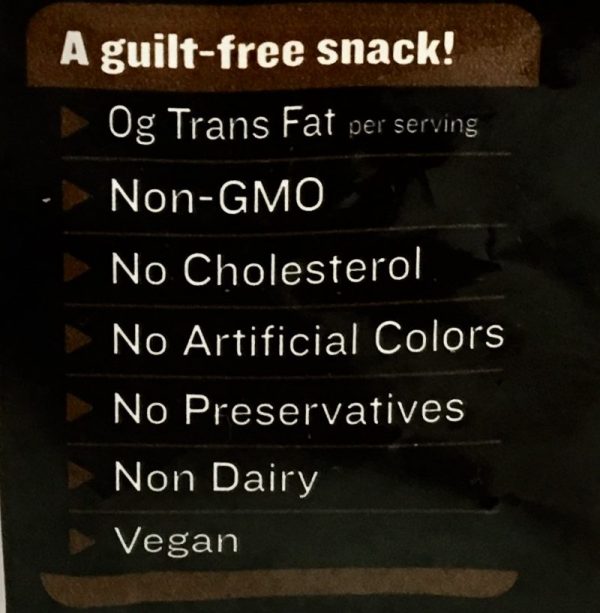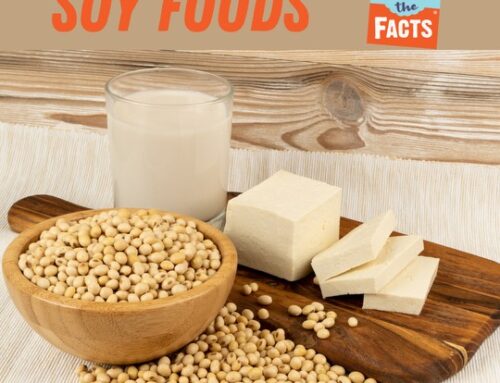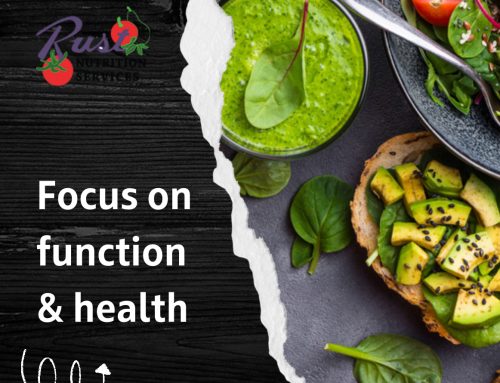Is your food authentic?
Gluten free.
Vegan.
No High Fructose Corn Syrup.
GMO-free. Non GMO.
No artificial colors or preservatives.
Dairy free.
Are you using “free-from” claims as the ultimate guide to what you put into your grocery cart? Are you more concerned about what’s not in your food rather than what is in it?
What really get me is that food labels sometimes market “free from” ingredients that were never in that product in the first place.

These “free” messages don’t equal “healthy”. You shouldn’t feel guilty anyhow.
I had the honor to speak on a panel (sponsored by the US Farmers and Ranchers Alliance) this month at the SXSW festival and conference in Austin, TX. The panel focused on how food is delivered from farm to fork, and how food manufacturers are the middle men who add claims to food labels that may or may not be helpful, and may not even have anything to do with that food.
I’ve written about food labels and health before, and I continue to believe that many front of package claims can be confusing, or are used solely as a marketing technique. Food companies think this is what you, the consumer, wants (and in this case, they are highlighting ingredients that they think you don’t want). But what are these claims actually doing for you, and are they helping you actually improve your diet and health? Are the helping improve the nutrition status of the population as a whole? Let’s think about it.
Gluten Free
A food with this label means it contains no gluten. This can be really useful for those with Celiac Disease, gluten sensitivity, or those following a Low FODMAP diet. It makes great sense when a loaf of bread or a box of pasta is labeled “gluten free”, but it makes less sense when almonds, bottled water, meat, or vegetables include this label.
If you do not have Celiac disease or any sensitivity to gluten, avoiding gluten isn’t improving your diet or health. Rather than look for gluten-free labels, try cutting back on your portions of bread, and add more vegetables to your diet.
Vegan
Adopting a vegan lifestyle requires that you remove all animal products from your life. This includes food products derived from (or processed with) animal products, as well as clothing, personal items, or household products derived from animals.
It takes some effort, planning, and focus to be Vegan, and most vegans do their due diligence in making the decision. This label may help support vegan choices since it ensures that no part of the animal was used in processing. For the average non-Vegan consumer, the Vegan label is not a simple ticket to health (there are Vegan cookies, chips, and snacks on the market too, that aren’t healthy to overeat).
I still find the Vegan label on foods like peanuts humorous.
No High Fructose Corn Syrup
High fructose corn syrup (HFCS) is a caloric sweetener made from corn. It is a sugar, joining table sugar (sucrose), honey, maple syrup, agave syrup, or cane sugar. Teaspoon for teaspoon they all contribute about the same amount of calories.
Since one of the goals of healthier eating includes reducing your total sugar intake, it doesn’t matter whether you cut out HFCS or cane sugar – your goal is to reduce all sugars. Therefore, I’m not impressed, for instance, with a protein bar that provides 15 grams of protein along with 18 grams of sugar, even if it “Contains No High Fructose Corn Syrup”.
Nor am I impressed with an expensive bottle of soda that uses “Pure Cane Sugar” as opposed to HFCS or GMO sugar beets (To note – there is no genetic material from the GMO beets or corn left in the final sugar products). Which brings me to the next absence claim.
Non GMO
We are talking about food and health here. Not the environment, not pesticides, not types of farming. Some people who are “anti GMO” tend to focus on the herbicide glyphosate or the use of pesticides in farming. Both of these topics deserve a separate conversation.
We absolutely know that vegetables are good for you. We also know that hardly anyone actually consumes enough vegetables – it’s something you have to work on every single day. When you think about GMOs, it’s important to understand two things: 1) There currently are only ten GMO food products on the US market, 2) Genetic modification of plants is generally used to solve a problem (bacterial disease of the plant, pest issues, or other issue that was interfering with growth or making it impossible for the plant to survive or produce).
Packaged food that includes either a “GMO Free” or “Non GMO Project Verified” label, are not guaranteeing you anything other than there is no genetically modified crop (or ingredient made from that crop, such as soybean oil) in that food.
Is a bag of potato chips with the Non GMO Project label better than another brand of potato chips without the seal? Nope. Is a wheat cracker better for you now that the brand added “Non GMO” to it’s label? Nope. This label is especially confusing when it’s used on products that never had any genetically modified ingredients in them in the first place.
No Artificial Colors. No Preservatives
The FDA regulates colors, additives, and preservatives. Removing these from foods make those foods no better, no more nutritious, but in some cases may make them less appealing. Additives and preservatives can serve an important role in food processing and food safety. These ingredients help ensure the availability of flavorful, nutritious, safe, convenient, appealing, and affordable foods year-round.
Dairy Free
Lots of people experience lactose intolerance at one time or another. Some are more prone to this, and even those who aren’t will experience some lactose intolerance at one time or another. Lactase is the enzyme that helps metabolizes lactose (the sugar in milk). Lactase is predominantly found in our small intestine, and it is susceptible to being disrupted, especially during any period of diarrhea. But in healthy people, the intestine will regenerate the enzyme once the diarrhea resolves.
Choosing foods labeled dairy free only benefit vegans or people who are intolerant to dairy. Otherwise, dairy adds a lot of nutritional quality to your diet. In addition, the DASH Diet plan includes three servings a day because the clinical research showed that those who added dairy (in addition to lots of fruits and vegetables) lowered blood pressure more.
On another note, I sometimes hear people worry about “GMO milk” (perhaps because some dairy brands are choosing to label their milk and milk products as “non GMO”, suggesting that other brands are GMO). There is no GMO cow’s milk. Even if an animal eats a genetically modified plant, the milk or meat from that animal will not have that genetic material from the plants or grains it ate in it. GMO corn is digested and metabolized the same way as non GMO corn. No content from the feed ends up in the consumable.
My final word: Choose a variety of food from each food group. Cook more vegetable dishes. Limit packaged snacks. Use common sense, and don’t judge food based on absence claims.





Excellent blog on this topic. As dietitians, I agree that we should all help in promoting the positive benefits of a variety of foods in promoting nutrition and health vs. fear of foods and ingredients that have no basis in fact.